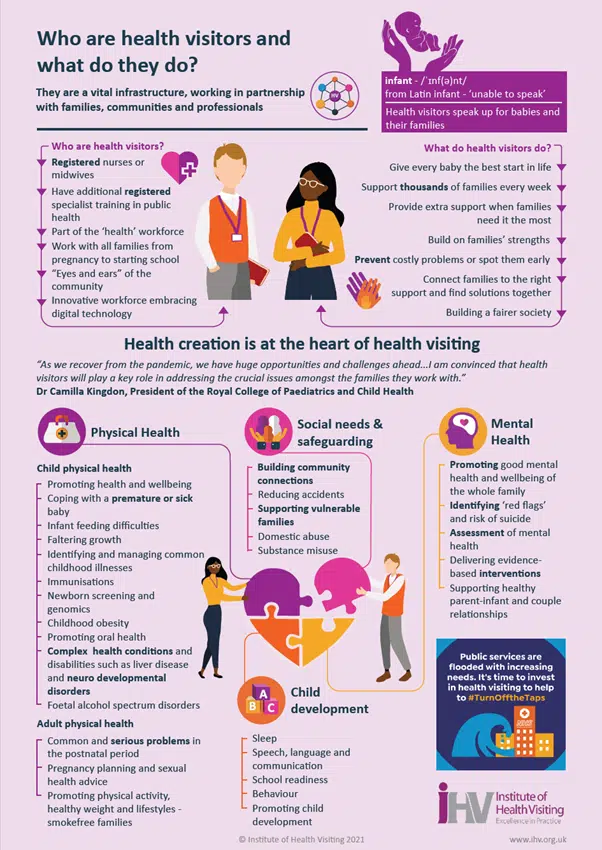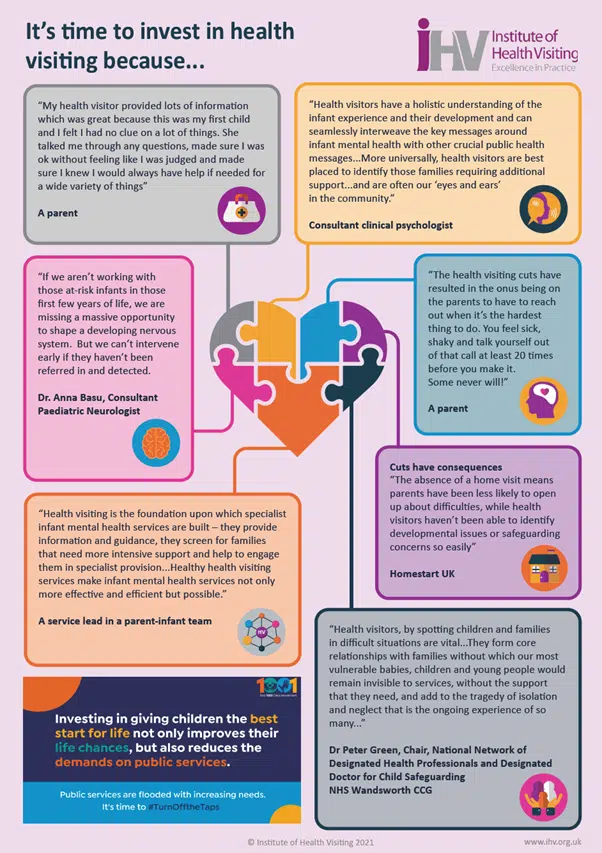Yesterday’s Budget and Spending Review was launched with the title ‘A stronger economy for the British people’ – it sets out the Government’s priorities and vision of a Global Britain.
Why is prioritising the ‘best start in life’ important for a ‘Global Britain’?
The evidence is clear that, if we want a ‘Global Britain’, we need to invest in our human future and build an infrastructure of support for babies, children and families to improve outcomes, reduce inequalities, and build happy, healthy and prosperous adults.
However, we currently have some of the worst child health outcomes in Western Europe, with widening inequalities and spiralling costs of child protection and late intervention. Put bluntly, as a country we are spending more than £16 billion pounds on costly late interventions, or ‘getting it wrong’, every year (and this is estimated to be only a fraction of the true costs). We need to do better.
In the run up to the Spending Review, more than 700 leading children’s organisations came together with ‘one voice’ and called on the Government to do things differently with investment in a public health approach. A national campaign to ‘turn off the taps, rather than mop the floor’ highlighted the importance of tackling the root causes of poor child health outcomes with prevention and early intervention which have been shown to make the biggest difference and make sound economic sense. This included a united call for 3,000 additional health visitors in the next three years.
Yesterday’s budget contained some ‘good news’ for babies:
The Treasury has listened, and we thank them for this. The funding announced yesterday is a welcome step in the right direction and will undoubtedly make a difference to many families. This autumn budget represents a significant turning point with a statement from the Chancellor that he had acknowledged the important work led by Dame Andrea Leadsom MP in her ‘Early Years Healthy Development Review’,
“For too long, far too long, the location of your birth has determined too much of your future… the awesome power of opportunity shouldn’t be available only to a wealthy few… but be the birth right of every child in an independent and prosperous United Kingdom. The evidence is compelling that the first 1,001 days of a child’s life are the most important”.
We would like to personally thank Dame Andrea Leadsom MP for her tireless work, over many years, making the case for babies and their families in the House.
Yesterday’s budget included a £500 million investment package over the next three years to support families and transform ‘Start for Life’ and family help services in half of the council areas across England. This will fund a network of Family Hubs, Start for Life services, perinatal mental health support, breastfeeding services and parenting programmes. It will also expand the Supporting Families programme, providing up to 300,000 families with high quality, multidisciplinary support.
The iHV welcomes all of these initiatives – in particular, we have worked with Leadsom in her campaign for well-resourced Family Hubs and additional funding to improve perinatal mental health support – these all represent an important step in the right direction.
What about health visiting? Did the Government deliver their pledge to rebuild health visiting and the Healthy Child Programme’?
It’s difficult to see from yesterday’s Spending Review how the Government will deliver on their pledge to ‘rebuild health visiting’ or how Family Hubs can be successful without a highly skilled workforce. We need a skilled workforce to welcome and work with families who attend the Hubs, but most importantly, if we are really serious about reducing inequalities, to reach out to the multitude of families who will not attend. The evidence is clear that the families who need the most support are the least likely to easily engage with services – they need a skilled health visiting workforce to ‘reach out’ to them.
Yesterday was not ‘our day’ – there was no workforce plan to deliver the additional 3,000 health visitors needed over the next three years to address the national shortfall of 5,000 health visitors, or ensure that the health visiting workforce is strengthened to address current and future ‘health’ priorities. The Healthy Child Programme is a ‘health’ policy and much of the work requires a highly skilled ‘health’ workforce – it is therefore essential that we have a workforce plan which delivers a ‘health’ workforce – it is ‘safety critical’, not just a ‘nice to have’.
The only mention of health visiting was a pledge that, “Trials of innovative workforce models for health visitors will also be funded in a smaller number of council areas to test approaches to improve the support available to new parents” – the pre-budget announcement indicated that this would be £10 million.
Whether this is good news or not, will really depend on the detail of this proposal. As part of our Spending Review submission, we proposed the establishment of ‘ICS academies for child and family health’ within selected early adopter sites, to bring partners together to collectively plan, test and refine health and care services to meet the needs of babies, children, families and communities. Working in more integrated ways represents a significant shift in health policy, it will therefore be important to have systems in place to support and evaluate the implementation of ICSs and inform wider system learning. It is unclear whether this is what is being proposed.
Given that the Best Start in Life budget delivery metrics all relate to ‘education’, our longstanding concerns are that ‘health’ is not a priority in the Early Start vision and, as such, the important ‘health’ function of health visitors will continue to be overlooked. Others have expressed concerns that the “innovative workforce models” described are actually a dilution of the health visiting workforce to increase the proportion of lower-skilled staff.
Are we being ungrateful, £500 million is a lot of money? It’s all a matter of priorities:
We recognise that the Government faces a tight fiscal settlement, having already invested significant sums of money into almost every part of society. In terms of Government priorities:
- £100 billion was committed in March 2021 as part of the ‘Build back better’ plan for infrastructure projects (including buildings, roads and bridges).
- Yesterday’s budget set out that total departmental spending is set to grow in real terms at 3.8% a year on average over this Parliament – a cash increase of £150 billion a year by 2024-25.
- The total investment to specifically support education recovery is £4.9 billion (from academic year 2020-21).
- Pubs have been prioritised – the duty rate cuts announced yesterday amount to £3 billion over the next five years.
- We are facing spiralling costs of not intervening early – the recent Royal Foundation report calculated that we spend more than £16 billion pounds on costly late interventions, or ‘getting it wrong’ every year.
You decide – have we got our priorities right with only £500 million for babies and young children, who represent our ‘human potential’? Against a backdrop of piecemeal child health policies and years of disinvestment, with £1 billion stripped from the public health grant, the sector is united that this does not go far enough.
But for now, there are still opportunities for health visitors to maximise – keep close to the iHV as there is work to be done and plans are already emerging for next steps.
We look to the future when one day we can shift from a budget titled ‘A stronger economy for the British people’ to one which prioritises people through ‘Stronger people for the British economy’.

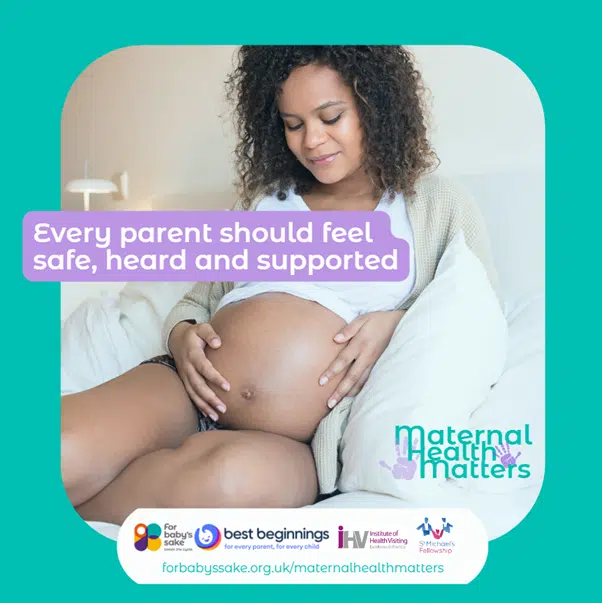


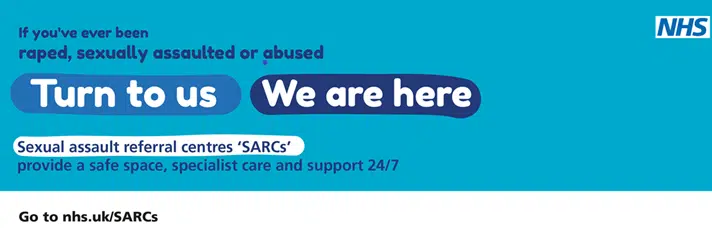
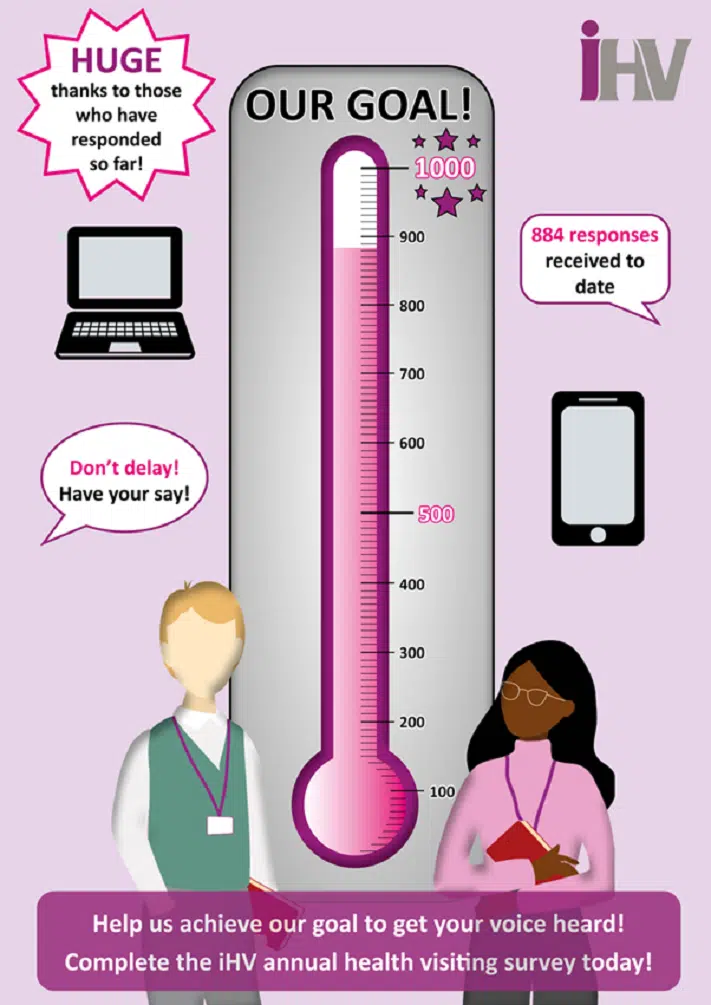
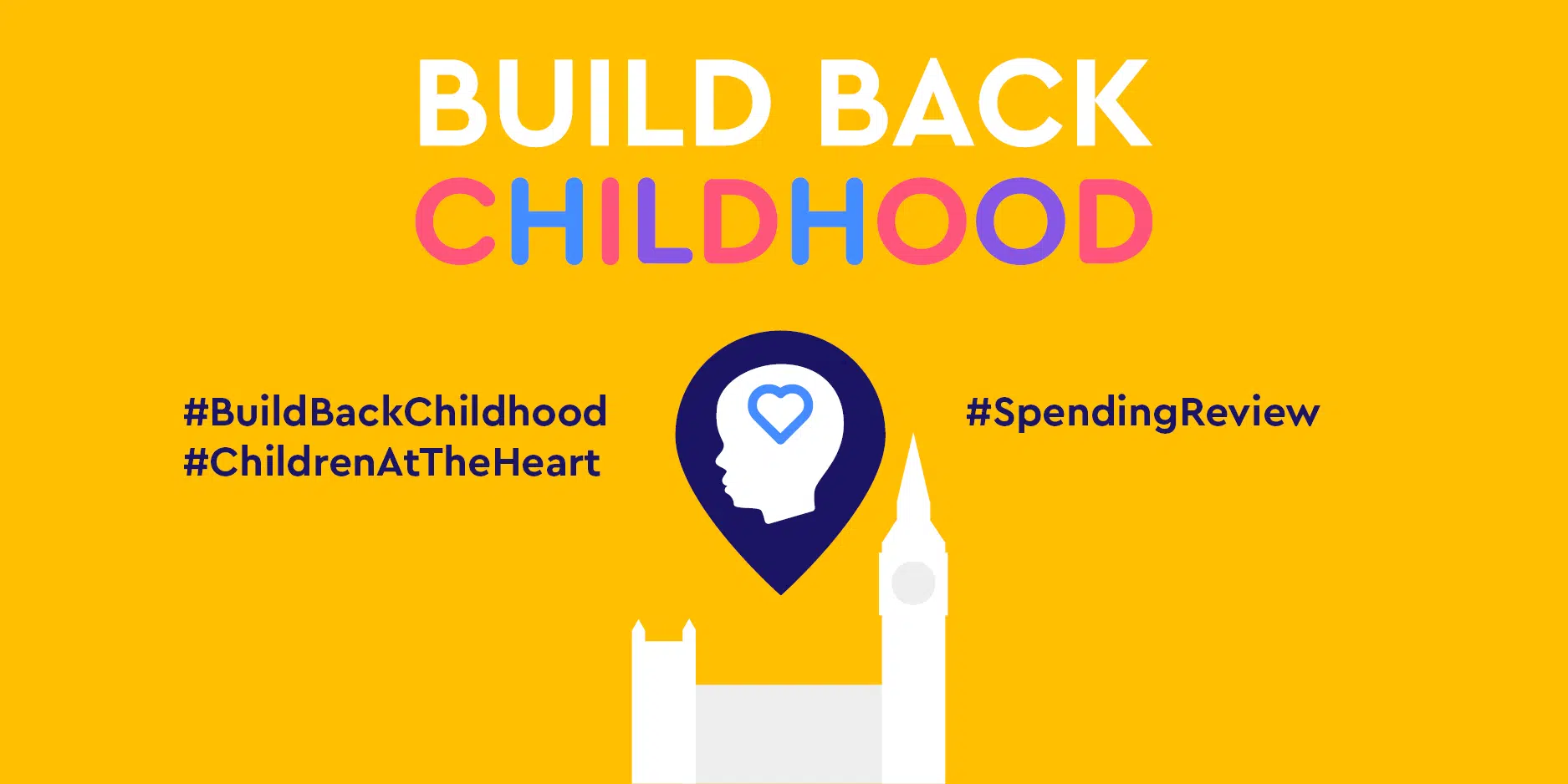
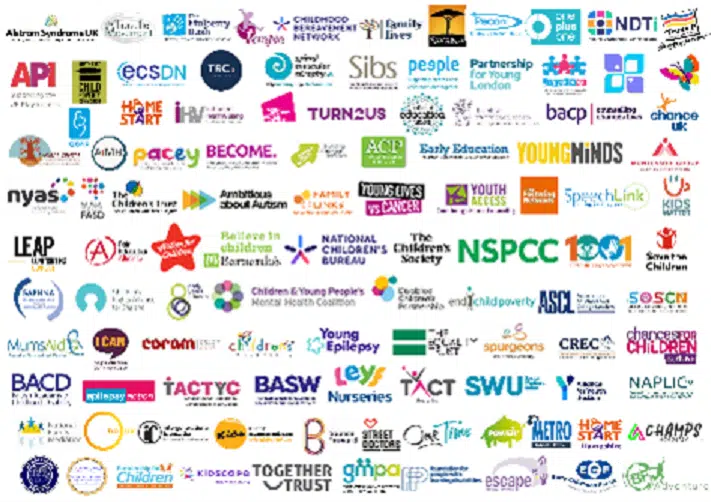
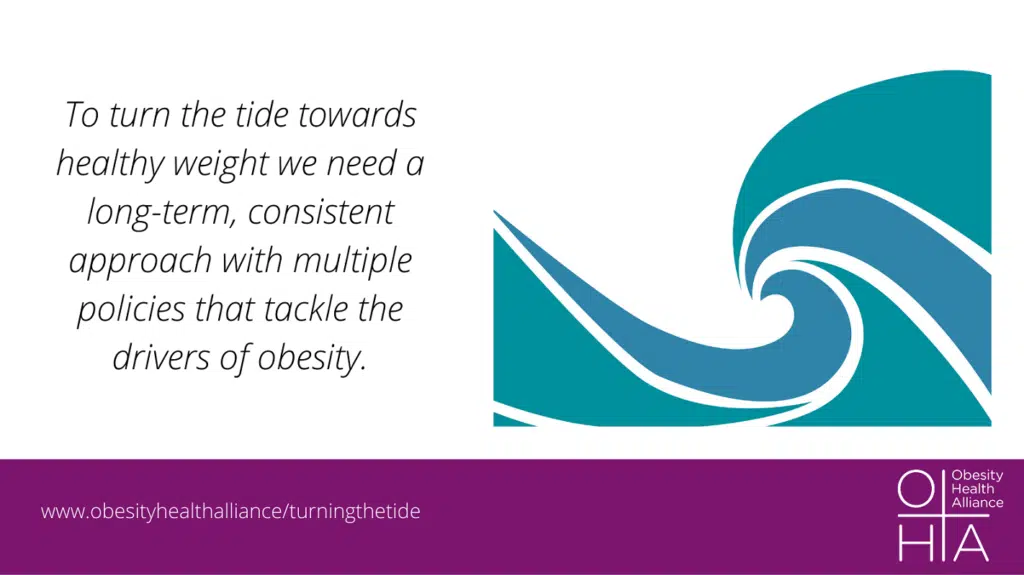
 The Institute of Health Visiting (iHV), working together with the Challenging Behaviour Foundation (CBF), The Sleep Charity and parents/carers, is delighted to share an animation for health, education and social care professionals to raise awareness and understanding of behaviour in the early years, what restrictive practice looks like in the under 5s, and the importance of respectful, behavioural support strategies that safeguard the rights of young children with disabilities.
The Institute of Health Visiting (iHV), working together with the Challenging Behaviour Foundation (CBF), The Sleep Charity and parents/carers, is delighted to share an animation for health, education and social care professionals to raise awareness and understanding of behaviour in the early years, what restrictive practice looks like in the under 5s, and the importance of respectful, behavioural support strategies that safeguard the rights of young children with disabilities.